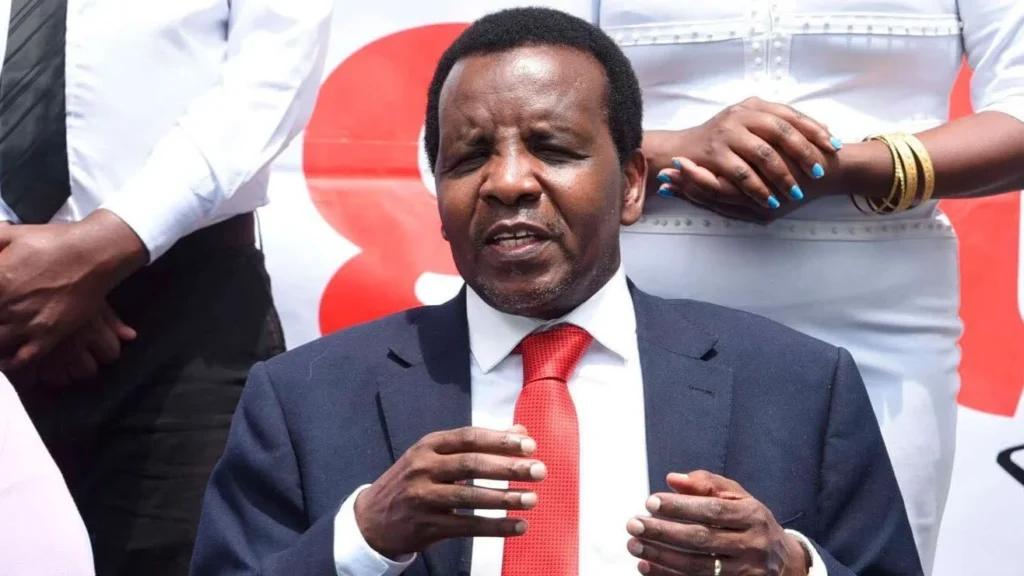Gospel musician and activist Reuben Kigame has petitioned the High Court seeking permission to privately prosecute top government officials including the Director of Public Prosecutions (DPP), the Director of Criminal Investigations (DCI), and the Director-General of the National Intelligence Service (NIS) over alleged crimes against humanity committed during the 2024–2025 anti-government protests.
Through his lawyer Gitobu Imanyara, Kigame argues that these officials failed to investigate or prevent killings, abductions, and torture of civilians, despite well-documented reports by the Kenya National Commission on Human Rights (KNCHR) and local media. These reports detail 39 deaths, 361 injuries, and 32 abductions linked to the demonstrations.
In his supplementary affidavit, Kigame insists that the recently formed government compensation panel led by Prof. Makau Mutua cannot substitute criminal accountability. He maintains that acknowledging violations through compensation does not absolve state officials from their legal responsibilities.
Kigame is seeking the court’s leave under Section 8(2) of the International Crimes Act and Article 157(6) of the Constitution, which allow for private prosecutions in instances where state organs have failed to act.
The petition further alleges that the NIS played a direct role in planning abductions, conducting surveillance, and assisting operations that targeted protesters — actions that, if proven, could amount to aiding and abetting crimes against humanity.
Kigame’s case adds to growing calls for accountability following months of nationwide protests over the government’s policies. Human rights groups have urged independent investigations into the alleged state excesses, saying that justice for victims cannot be replaced by compensation alone.
As the High Court reviews the petition, the move by Kigame underscores a rare effort by a public figure to invoke international criminal law mechanisms against senior officials within Kenya’s justice and security system.

